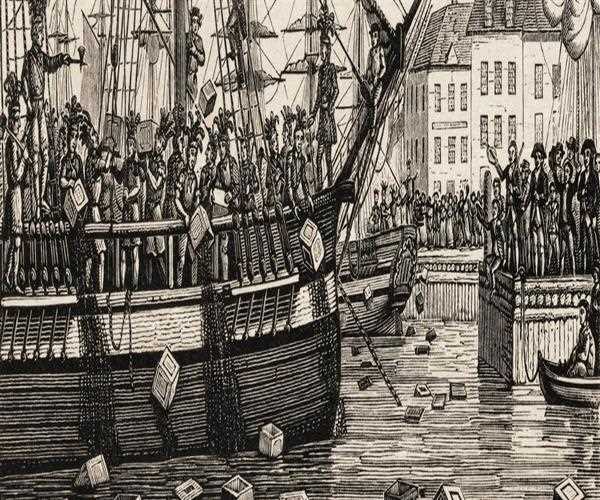The Boston Tea Party occurred on December 16, 1773, and was a key event in the lead-up to the American Revolution.
The Boston Tea Party was a political protest that occurred on December 16, 1773, at the Griffin's Wharf in Boston, Massachusetts. The protest was in response to the Tea Act of 1773, which had been passed by the British Parliament. The Act allowed the British East India Company to sell tea directly to the colonies, bypassing the colonial merchants who were required to purchase it from the company.
The Boston Tea Party was organized by the Sons of Liberty, a group of American colonists who were opposed to the British government's policies. The group was led by Samuel Adams, a Boston-based politician, and patriot. The colonists were angry about this because it meant that they were paying more for tea than they would have to if they could buy it from another company. They were also angry because they felt that the British Parliament was imposing taxes on them without their consent.
On the night of the Boston Tea Party, a group of colonists disguised as Native Americans boarded three ships that were docked in Boston Harbor. They then proceeded to dump all of the tea onboard into the harbor.
This act of defiance against the British government helped to spark the American Revolution. The Boston Tea Party showed the colonists that they could stand up to the British government and that they were willing to fight for their rights. The Boston Tea Party was a significant event in the lead-up to the American Revolutionary War. The act of defiance against the British government helped to solidify the resolve of the colonists to fight for their independence. The event became an important part of the story of the American Revolution and helped lead to the colonists’ Declaration of Independence from Britain.
